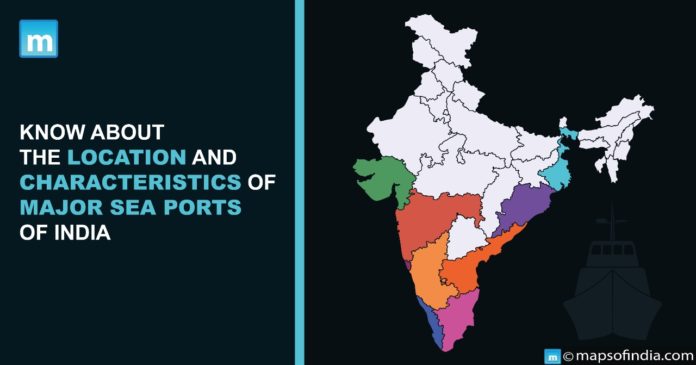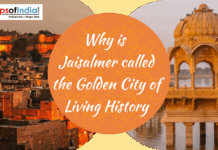India has 205 designated small and intermediate ports that handle a significant amount of business in addition to 13 major shipping ports (12 government-owned and one private). A nation’s development is heavily reliant on its ports. Compared to other transportation routes, ports are the most efficient in terms of price, volume, and ease of use.
Most of India’s overall foreign trade—95 % by quantity and 70 % by value—is conducted via sea transportation. The nine coastal states of India—Kerala, Karnataka, Goa, Gujarat, Odisha, Maharashtra, West Bengal, Andhra Pradesh, and Tamil Nadu—are home to all of the country’s ports.
The ports of Mumbai, Mangalore, Murmagua, Jawaharlal Nehru Port Trust (JNPT), Kandla, Vadhavan, and Cochin are located on the west coast. The ports of Chennai, Paradip, Tuticorin, Visakhapatnam, Kolkata, and Ennore are on the east coast. The government owns a 68% stake in Ennore seaport, registered as a public company.
Port Blair is the only port found outside mainland India, i.e. in the Andaman & Nicobar Islands. India’s largest natural port is Mumbai. India’s government has a federal structure, and the constitution mandates that both the Central and State governments oversee marine transportation.
Major ports are managed by the shipping ministry of the Union government, whereas minor and intermediate ports are governed by the corresponding departments or ministries of the nine coastal states.
Let’s examine some of the major ports, their location, and key characteristics:
| Coast | State | Port | Key Characteristics |
| East Coast | West Bengal | Kolkata |
|
| East Coast | Odisha | Paradip |
|
| East Coast | Andhra Pradesh | Vishakhapatnam |
|
| East coast | Tamil Nadu | Ennore |
|
| West Coast | Maharashtra | Mumbai |
|
| West Coast | Goa | Murmugao |
|
| West Coast | Karnataka | Mangalore |
|
| West Coast | Gujarat | Kandla |
|
| West Coast | Maharashtra | Jawaharlal Nehru Port Trust (JNPT) Navi Mumbai |
|




